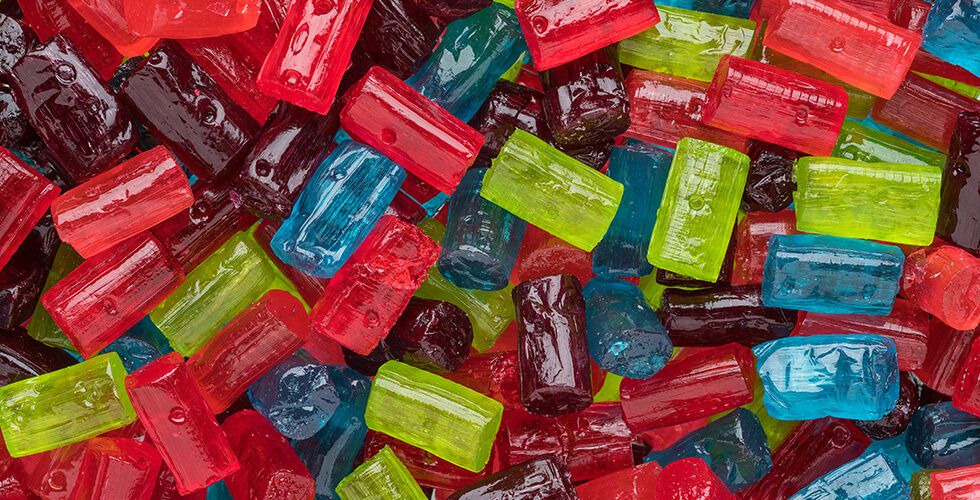
Jolly Ranchers may be a nostalgic American favorite, but across the pond, they’re now off-limits. The UK recently banned four Hershey-manufactured candies, including Jolly Rancher Hard Candy and Gummies, for containing crude-oil-derived compounds known as MOAH (mineral oil aromatic hydrocarbons) and MOSH (mineral oil saturated hydrocarbons). These chemicals, used to keep candy shiny and non-sticky, are classified in the UK and EU as potential carcinogens.
Though rare, MOAH compounds have been linked to genetic mutations and liver damage in animal studies. The UK’s Food Standards Agency has deemed them a “toxicological concern” and is actively removing affected products from store shelves. Meanwhile, these same candies remain fully legal in the U.S.—thanks to a regulatory loophole called GRAS (Generally Recognized As Safe).
GRAS allows companies to self-declare food additives as safe without needing FDA approval or independent review. In many cases, the studies used to justify safety claims are conducted privately, sometimes even by the manufacturers themselves. Critics say this system gives food companies too much power and leaves consumers in the dark.
Robert F. Kennedy Jr., head of Health and Human Services, has vowed to reform GRAS and eliminate synthetic additives under his “Make America Healthy Again” campaign. His administration recently banned Red 3 dye and brominated vegetable oil—both outlawed in other countries years ago—but advocates say more sweeping changes are needed.
While UK law requires proof of safety before allowing additives, the U.S. operates under a “safe until proven harmful” model. As a result, questionable compounds remain in everyday snacks, with unknown long-term health effects.
The candy aisle may look sweet, but behind the bright wrappers lies a bitter regulatory truth—one that’s finally facing overdue scrutiny.

